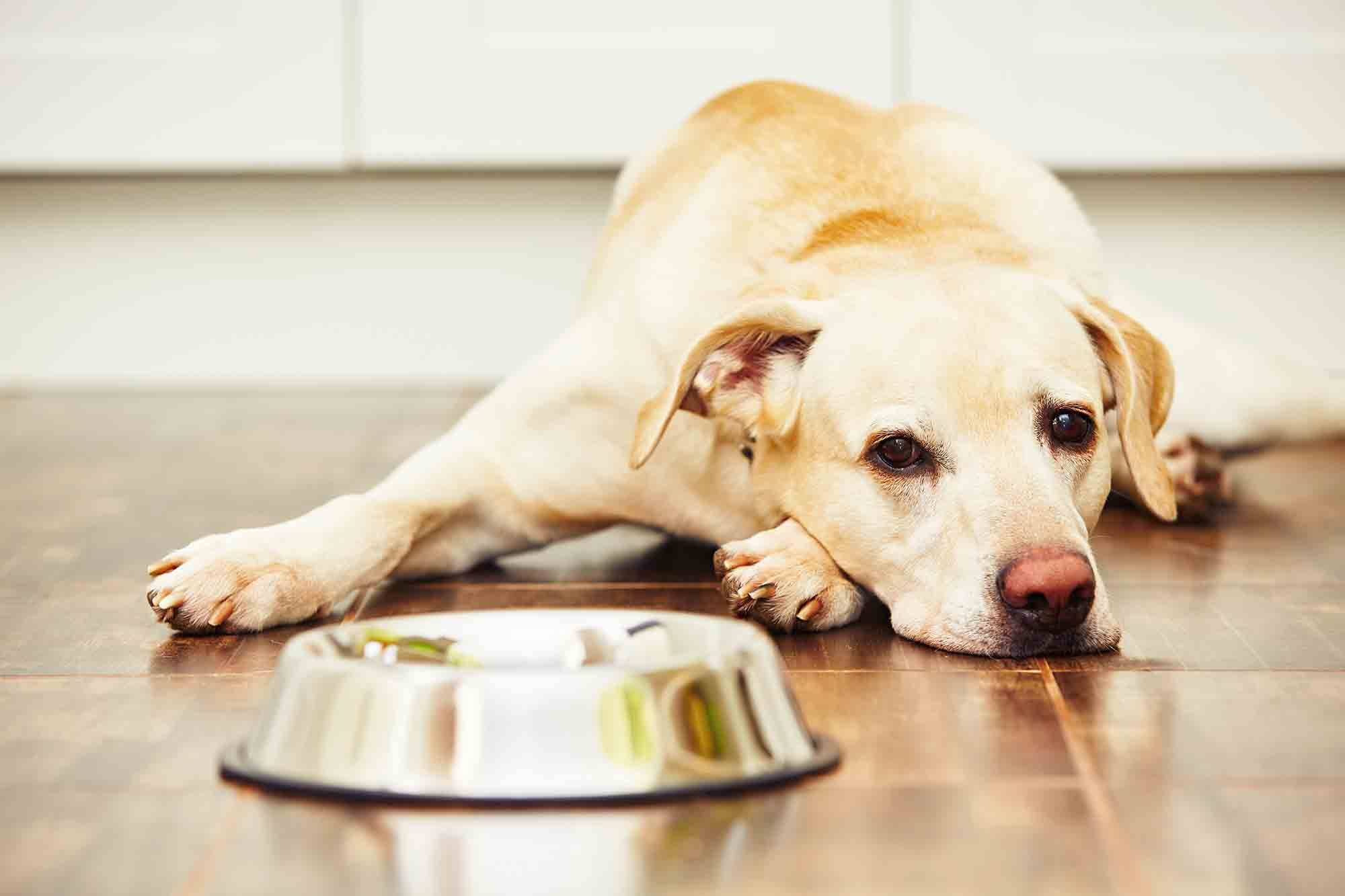Digestive Problems in Pets: How to Know When to Go
 There’s nothing like waking up at 2AM to the sound of your sweet pet vomiting on the rug next to your bed. As annoying as it is to deal with a mess at that hour, you can’t help but wonder whether you should be calling the vet, or waiting to see if your pet starts to feel better.
There’s nothing like waking up at 2AM to the sound of your sweet pet vomiting on the rug next to your bed. As annoying as it is to deal with a mess at that hour, you can’t help but wonder whether you should be calling the vet, or waiting to see if your pet starts to feel better.
Digestive problems in pets are relatively common and oftentimes pass on their own, but certain conditions can arise that spell big trouble for a pet. Knowing when to act quickly to get your pet help can prevent the condition from getting worse, and may save your pet’s life.
Types of Digestive Problems in Pets
There are a wide variety of reasons as to why your dog or cat could be suffering from an upset tummy so it can be hard for pet owners to pinpoint which is the cause. Types of digestive issues could include:
- Something they ate – Vomiting and diarrhea are often the result of a pet (most likely of the canine variety) eating something they shouldn’t have, such as garbage or table scraps. Even if the food isn’t specifically toxic, pets may not be able to digest certain people foods properly, which can result in digestive issues.
- Hairball – Almost every cat owner has heard the dreaded, hacking sound that precedes a hairball on the living room carpet. Passing the occasional hairball is normal, but if your cat is vomiting several times per week they will need to see a veterinarian.
- Allergies – Food allergies can create inflammation in the stomach and intestines and decrease absorption of key nutrients.
- Infection – Viral infections, as well as bacterial and fungal infections, can lead to a host of digestive problems in pets.
- Parasites – Whipworms and other parasites can cause inflammation of the intestinal lining, leading to diarrhea, pain while defecating, and other problems.
- Pancreatitis – Pancreatitis is a dangerous inflammation of the pancreas (an organ near the stomach that aids in digestion and insulin regulation) resulting from a variety of sources, including ingestion of high-fat foods.
- Intestinal blockage – Eating indigestible items can result in an intestinal blockage that will need to be addressed by a veterinarian.
- Poisoning – When a pet eats an item that is toxic to them, symptoms of digestive problems may occur. Poisoning is a pet emergency, so please give us a call or call the Pet Poison Helpline if your pet has ingested a toxic food or plant.
When You Should Seek Help
Although digestive issues often resolve on their own, there are times when a pet needs to be treated by a veterinarian. Give us a call or bring your pet in if they are experiencing any of the following:
- Vomiting or diarrhea that does not subside in 24 hours
- Bloody stool or vomit
- Loss of appetite
- Fever
- Lethargy
- Pain when touched
- Bloated or distended belly
- Collapse/unconsciousness
You know your pet better than anyone else. When in doubt, it never hurts to call your veterinarian. If you have any questions about digestive problems in pets, or any other health concern, your team at Oakland Veterinary Referral Services is here for you. Please call us.


